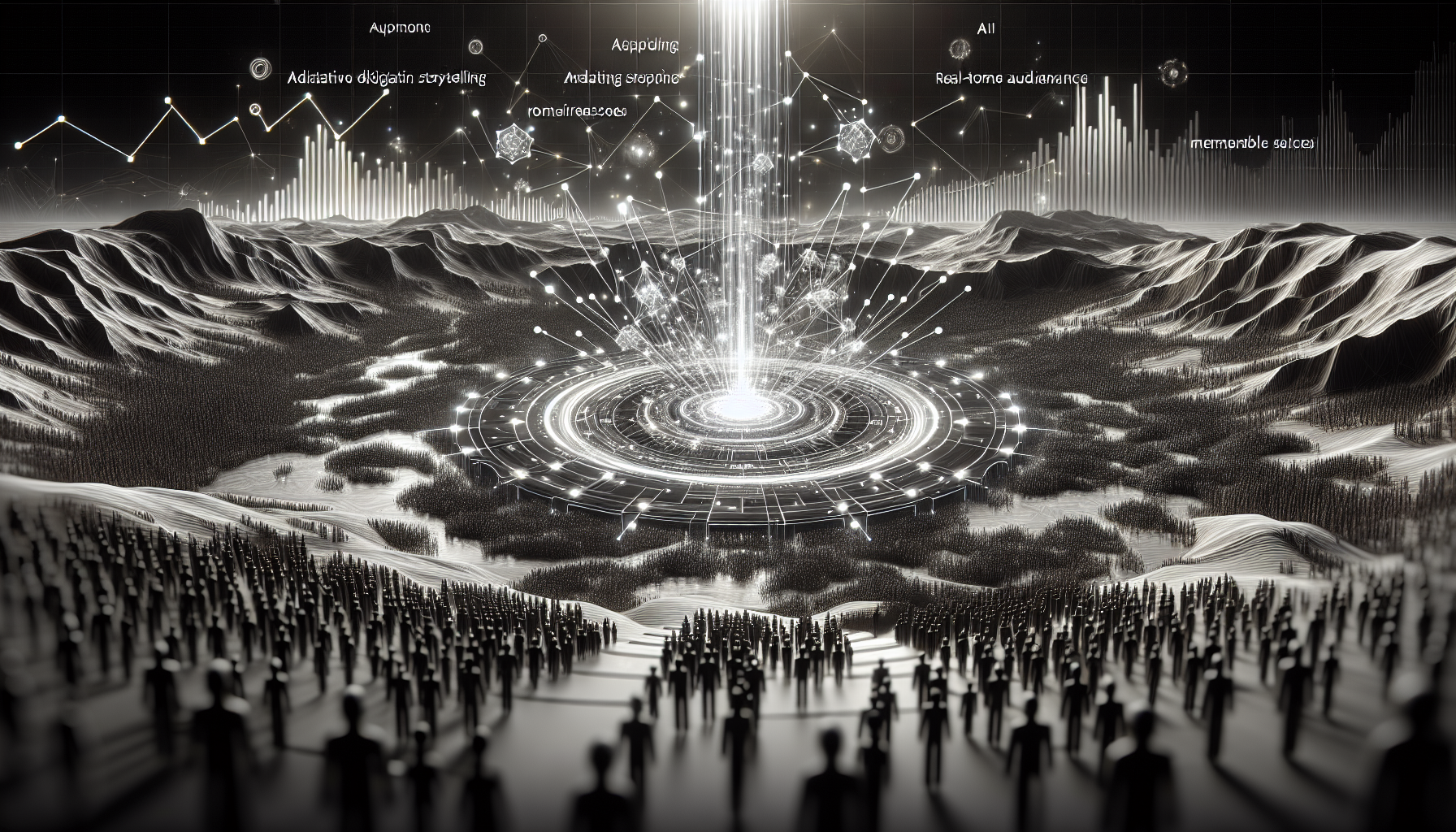The AI Show That's Rewriting the Rules of Television
What happens when artificial intelligence writes your favorite TV show? If you've watched The Residence on Netflix, you already know the answer: millions tune in, social media explodes, and the future of entertainment shifts overnight.
Released on April 5, 2025, The Residence is more than just another murder mystery. It's a technological milestone. Within 24 hours, it became the most-watched debut of the year, with Netflix reporting a 40% spike in platform activity. But the real story isn't just about numbers. It's about how the show was made-and why it feels so different.
Meet Detective Cupp and Her AI Sidekick
Set in a lavish estate with secrets behind every door, the series follows Detective Cordelia Cupp as she investigates a high-profile murder. But she's not alone. Her partner? Sheila, a sarcastic AI assistant who's quickly become a fan favorite. Sheila's humor isn't just clever-it's calculated. Literally.
Behind the scenes, Netflix used advanced natural language processing and machine learning to generate dialogue and plot twists. Sheila's lines were crafted by an AI trained on thousands of hours of comedy, satire, and human conversation. The result? A character that feels fresh, funny, and eerily real.
Adaptive Storytelling: A New Kind of Viewer Power
What sets The Residence apart isn't just its AI-generated script. It's the way the story adapts in real time. Using viewer feedback-likes, comments, watch time, even facial expressions on smart devices-the show's narrative subtly shifts. Characters evolve. Twists change. Suspense builds based on what audiences respond to most.
This isn't choose-your-own-adventure. It's choose-your-own-emotion. And it's working. Fans are calling it "addictive," "unpredictable," and "like the show knows what I'm thinking."
Faster, Smarter, Cheaper: The Production Revolution
Industry insiders say the AI-assisted production process cut development time by 25%. That's weeks shaved off scripting, editing, and post-production. Writers worked alongside AI tools that suggested dialogue, flagged pacing issues, and even predicted which scenes would trend online.
It's not just about speed. It's about precision. AI helped fine-tune the show for maximum engagement, testing thousands of variations before settling on the final cut. For Netflix, this means lower costs and higher returns. For creators, it's a new kind of collaboration-one where machines don't replace writers, but amplify them.
Art or Algorithm?
Not everyone is cheering. Some critics argue that AI-driven storytelling risks turning art into formula. If algorithms decide what's "good," where does human creativity fit in? Are we watching stories or simulations of stories?
Supporters counter that AI is just another tool-like a camera or a script editor. It doesn't replace vision; it enhances it. And in the case of The Residence, it's hard to argue with the results. The show feels alive, responsive, and deeply entertaining.
What Comes Next?
Netflix has already hinted that adaptive storytelling could expand to other genres. Imagine a rom-com that adjusts its tone based on your mood. Or a thriller that changes endings depending on your reactions. The possibilities are endless-and a little unsettling.
For now, fans are demanding more of The Residence. Memes are flooding TikTok. Reddit threads are dissecting every clue. And somewhere in the background, an AI is already learning what made you binge the whole season in one night.
Maybe the real mystery isn't who committed the murder-but who's really writing the story.
